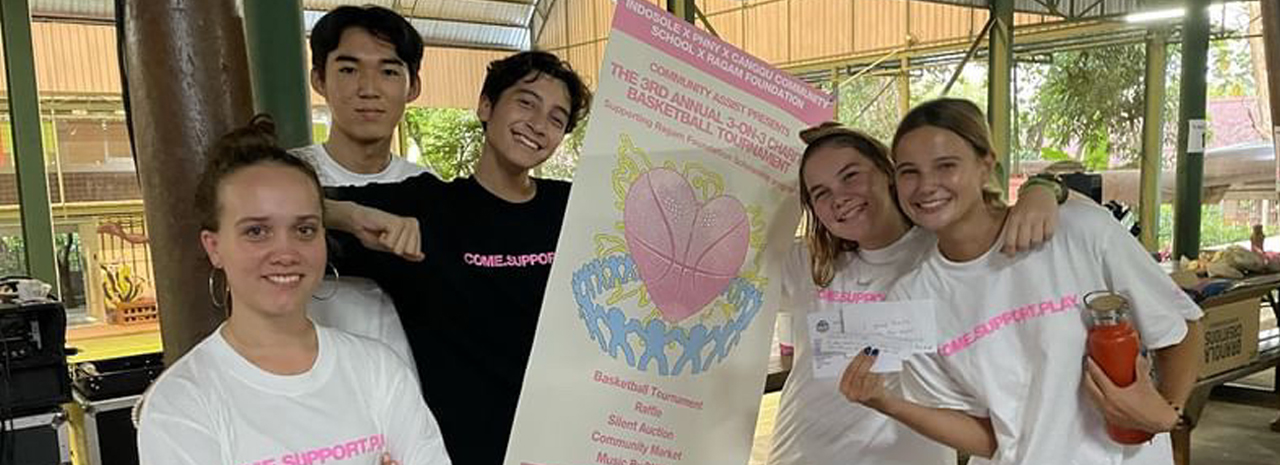Close



Creativity, Activity, Service (CAS) is one of the three essential elements that you must complete as part of the Diploma Programme (DP). Participation in the IB CAS program encourages students to be involved in creative pursuits, physical activities and service experiences in the local, national and international context.
This aspect of CAS is interpreted as imaginatively as possible to cover a wide range of arts and other activities outside the normal curriculum that include creative thinking in the design and carrying out of service projects. This could involve dance, theatre, and music, but could also include activities that involve creative thinking in their creation and implementation, such as organizing an event or competition, developing proposals, and designing lessons. You should be engaged in new roles whereverpossible.
Individual commitment to continued participation in an art form such as a musical instrument or photography is not accepted as CAS unless it respects the requirements for all CAS activities: that the activity/project sets you a challenge, that aspects of participation in the activity are new to you, that goals are set and that the you reflect on your progress.
This aspect of CAS can include participation in sport or other activities requiring physical exertion-such as expeditions and camping trips, or digging trenches to lay water pipes to bring fresh water to a village.
You are encouraged to be involved in group and team activities, but an individual commitment is acceptable where the general requirements of CAS are met: goals are set and you reflect on progress.
Your activity experience should include something that presents a challenge to you, that aspects of participation in the activity are new to you, and that goals are set and that the you reflect on your progress.
Service projects and activities are often the most transforming element of the CAS Programme for the individual student; they have the potential to nurture and mould global citizens. There are different ways that you can be involved in Service; what underpins the various forms of Service is that you are involved in making a meaningful contribution to the community. The community may be the school, the local district, or it may exist on national and international levels (such as undertaking projects of assistance in a developing country).
As CAS aims to extend the student, your CAS programme should include activities that see you working beyond the school community. Collaboration with members of a community, as opposed to working for, provides the most positive Service experiences. To best address the differences in privilege that exist between those who give service and those members of a community who are being served, a relationship of respect and mutuality should be established and promoted between these two groups.
The best results for community development take place when a working relationship is created, where all parties are involved in the planning, implementation and evaluation of service activities.
The 7 Learner Outcomes | PDF 192KB
It is important that the spirit of CAS be considered at all times. Generally, CAS is not taking place when you are in a passive rather than an active role. There should be interaction. If you are in a passive role then the activity will provide you with no meaningful benefit. In such circumstances achievement of the CAS Learning Outcomes is rare to occur. Examples of activities that may be inappropriate for
CAS include:
The three strands of CAS, which are often interwoven with particular activities, are characterized as follows:
In order to demonstrate these concepts, students are required to undertake a CAS Project. The project challenges students to:

